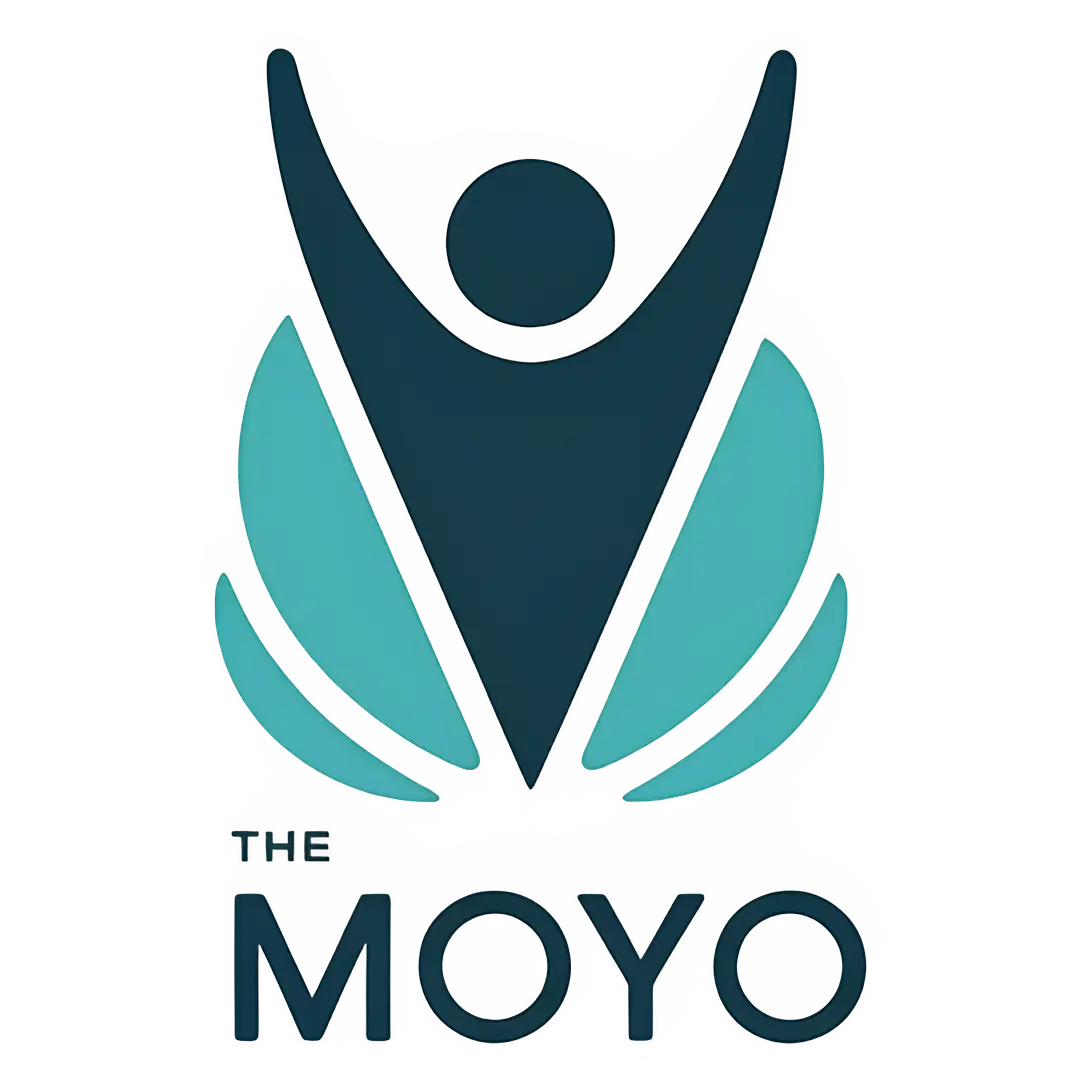Client Case
Presenting Issues
Client reported ongoing difficulty falling asleep and staying asleep, often lying awake for hours with a racing mind. The lack of rest was impacting their mood, focus, and daily functioning.
Background Information
The client is a 29-year-old care worker who described feeling “tired but wired” most nights. Sleep issues had persisted for over a year, with recent stressors at work and home making it worse. The client reported dreading bedtime and feeling anxious as the evening approached.
Assesment
Client experienced typical symptoms of anxiety-related insomnia, including heightened mental activity at night (overthinking, worst-case scenarios), physical restlessness, and a disrupted sleep cycle. Attempts to "force sleep" led to increased frustration and alertness. Daytime fatigue and irritability were also present, as well as a growing reliance on screen use to distract from anxious thoughts.
Treatment Plan
Goals
- Reduce anxiety and overthinking around bedtime
- Re-establish a calming and consistent sleep routine
- Improve overall sleep quality and duration
- Reframe the client’s relationship with rest and sleep
Intervention Strategies
- Hypnotherapy focused on relaxation and guided sleep imagery
- Breathing and grounding techniques for bedtime anxiety
- Sleep hygiene coaching (light exposure, wind-down routines, device use)
- Reframing unhelpful sleep beliefs (e.g., “If I don’t sleep, tomorrow will be a disaster”)
- Introduction of a “sleep window” and consistent wake time
Frequency and Duration
4 sessions over 6 weeks, with progress journaling in between and one follow-up check-in
Results
- Client now falls asleep within 30–45 minutes most nights
- Reports improved mood and clarity during the day
- No longer fears bedtime — describes it as “something I actually look forward to now”
- Screen time at night reduced significantly; pre-bed routine improved

"I feel calmer, more rational, and I’ve stopped jumping to worst-case scenarios every time I get a headache."
Case Details
Symptoms Encountered
Difficulty falling asleep, racing thoughts at night, frequent waking during the night, muscle tension, dry mouth, dread before bedtime, increased screen use to distract from thoughts, irritability during the day, low mood, difficulty concentrating, fatigue despite being in bed for long hours, fear of not functioning the next day, over-reliance on caffeine, restless legs, and anxiety around sleep itself.
